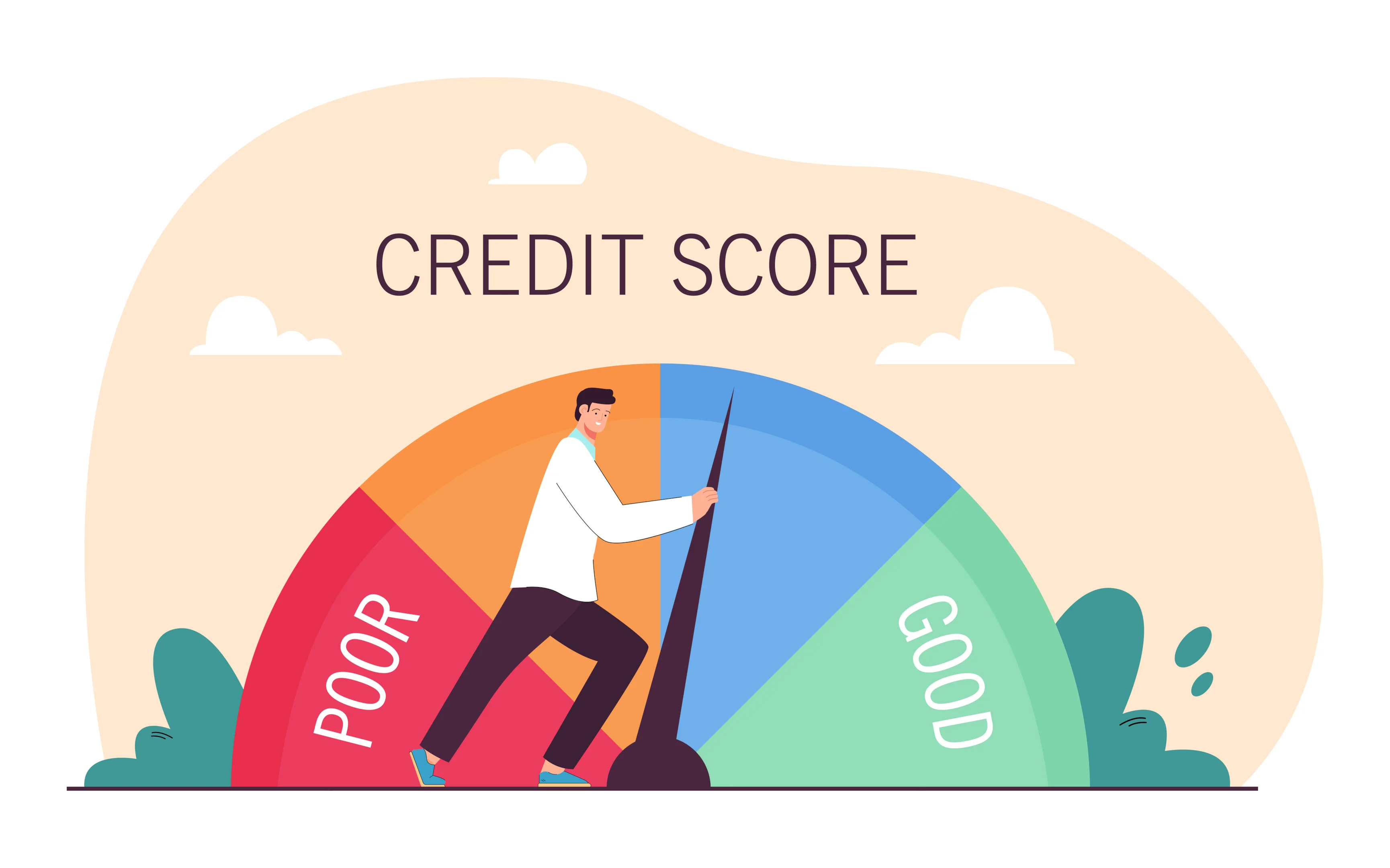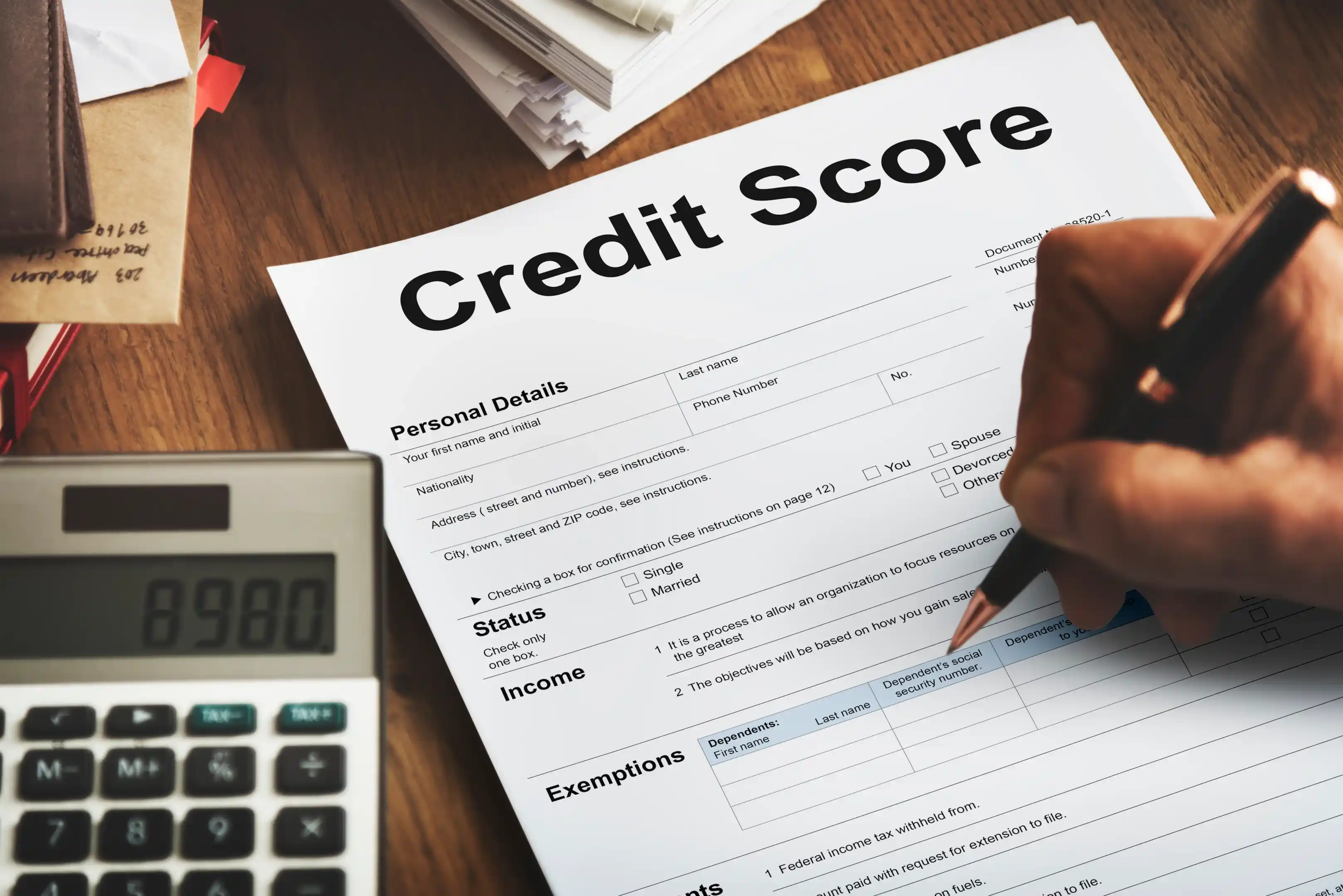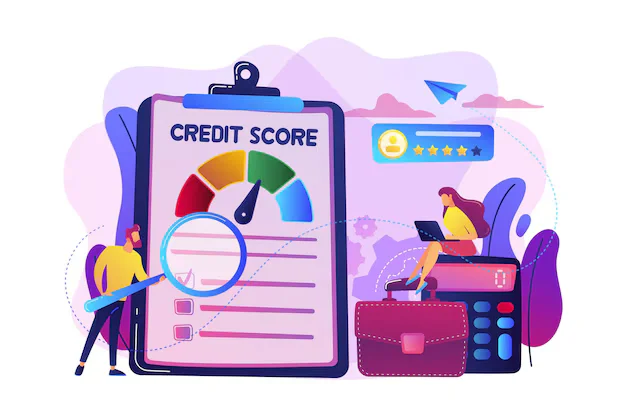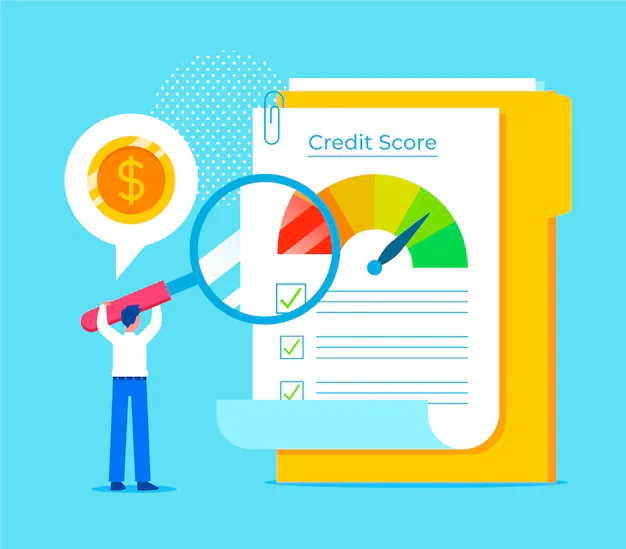How to build and maintain an 800 credit score

Having a good credit score will help you get approved for mortgages, loans, or credit cards with the best interest rates. And improving your credit score doesn’t require rocket science. What it does require is time, hard work, and self-control.
To succeed financially, one must learn how to establish and maintain a high credit score, keep credit utilization low, and ensure higher credit limits with major credit bureaus. Lenders base their decision to issue a loan or credit card on a three-digit figure known as a credit score. It tells whether they are likely to pay them back on time.
A person with a solid credit score is more likely to receive credit approval from credit card issuers and secure personal loans and credit card accounts with favorable terms.
If their credit reports show a less than ideal credit history, they may face challenges in securing credit accounts through major credit bureaus, potentially affecting their credit approval.
Continue reading if you want to learn how to create and maintain a high credit score, manage your credit utilization, and regularly review your credit reports for maximum financial health.
This post will go over the advantages of having a credit score of 800, how to build and maintain an 800 credit score, and a few suggestions for improving and maintaining. We’ll break down the process for you in this article.
What is a credit score?
A credit score is a generated number based on your credit report. It tells lenders whether or not they can trust you to handle money well. Your credit score number can range from 300 to 850. The higher the number, the better.
The goal for most people is to achieve an 800 credit score to boost their purchasing power for securing favorable terms on a mortgage or auto loans. The five factors used in credit scoring to determine your credit score include payment history, credit utilization ratio, and credit mix, each contributing differently to your overall score.
-
Accounts for whether bills have been paid on time in the payment history (35%) category.
-
Determines how many loans and how much credit is being used. Amounts Owed (30%).
-
The length of a person's credit history (15%) is taken into account.
-
Based on various credit products, such as credit cards, mortgages, and vehicle loans, the credit mix is 10%.
-
New Credit (10%): Takes into account the frequency of newly opened accounts and credit inquiries.
FICO ratings often vary from 300 to 850, as seen below:
-
800 to 850: Excellent.
-
740 to 799: Very Good.
-
670 through 739: Good.
-
580 to 669: Acceptable.
-
Poor from 300 to 579.
How can you learn your credit score?

Speak to your bank or credit card issuer if you wish to view your credit reports; many offer free credit reports through online banking services. Most banks, as well as some credit card issuers, will provide you with a free credit report upon request, allowing you to check your credit limits and credit utilization.
Many include this feature directly on their website or app. Some credit card issuers will also provide you with a copy.
Thoroughly review your credit reports regularly from three major credit bureaus to ensure there are no inaccuracies or negative items impacting your credit score.
Check your report for any errors or suspicious activity. There is nothing worse than finding out that there’s a small typo or another error on your report that’s crippling your score.
How to get 800 credit score
Now that you know your credit score, let’s talk about how to improve it. Did you know the average credit score in the U.S. is 711? This is higher than it has ever been, which suggests people are getting better at handling their finances.
To build and maintain an 800 credit score, you need a long credit history with very few blemishes, ensuring low credit utilization and consistent management of your credit card accounts and installment loans.
Get rid of debt.
The first step to achieving a higher credit limit and a better credit score is to eliminate all unnecessary debt, focusing on lowering your credit utilization across all credit accounts.
If you are struggling to pay off a loan, mortgage, or any other form of debt, you won't be able to build an 800 credit score. Focus on the end goal.
If you aim to secure approvals for personal loans or credit card accounts with lower insurance premiums in the future, first focus on eliminating any high-interest debts to improve your overall credit health.
Make payments on time.
The second thing you'll need to do is always pay your bills on time. Sounds simple enough, right? But if an unexpected expense sneaks up on you, it’s easy to miss one payment, and that can cost you as much as 30 points on your credit score.
If at all possible, pay ahead of schedule, or set up automatic payments for items like rent payments or car loan payments, as these are notoriously hard to stay on top of, and maintaining a lower credit utilization ratio helps preserve a higher credit score.
If you're ever late on a minimum payment (which we don't recommend), call the creditor or credit card account issuer as soon as possible and explain why it happened, and offer some assurances that it won't happen again in the future, thus supporting your positive credit history.
Borrow money to prove you can handle it.
Make sure that you have a solid chunk of longer credit history.
The more credit history you have, the more robust your score will be. You can do this by opening new accounts in moderation.
Opening four new credit accounts in twelve months is usually enough to help your score grow without pushing your credit usage up too high, which can also encourage offers for high credit limits from lenders. But don't overdo it with opening new accounts.
If you’re new to borrowing, start slow and take the time to balance your loans before looking for more approval offers.
Pay off your credit card balance every month, and never use more than 30% of your total credit limit at one time, which is a key strategy to keep your credit utilization rate low and maintain responsible credit habits.
What are the benefits of getting a credit score of 800?

A person might obtain various financial benefits by getting an 800 credit score. Here are some of the benefits of establishing and keeping an excellent credit score:
Credit applications are more likely to be granted.
As previously stated, a credit score reflects an individual's ability to repay money borrowed. They will be more likely to get approved for a loan or credit line if they have an exceptional credit score because lenders consider us as less risky.
Access to bigger credit limits and lower interest rates
A credit score of 800 or above provides lenders the idea that someone is more likely to repay loans and, as a result, lenders are more prepared to offer better terms. This holds true whether they are looking for a vehicle loan, a mortgage, or a lower credit card interest rate.
One of the many reasons you need to know how to get an 800 credit score. If they already have excellent credit, they are likely to be offered better terms on an auto loan or a mortgage.
For credit cards, it may be necessary to apply for a better offer, especially if it has been in place for some time.
Once aperson's credit score reaches 800, they may need to contact their credit card issuers to inform them about their credit score in order to extend the total credit limit or cut the interest rate, thereby enhancing their savings account health through lower payments.
Qualification for better credit cards with better incentives
While using the same credit card for a long period can be advantageous in terms of the duration of a person's credit history, they may also miss out on crucial benefits. A credit score of above 800 might qualify a person for a variety of benefits, including:
-
Earning money and airline miles at a faster rate
-
Airport lounge access
-
Hotels provide complimentary breakfast.
How to maintain an 800 credit score

Once you have figured out how to get an 800 credit score in a healthy range, you will want to maintain it. There are several ways you can do this.
Evaluate your spending
Knowing where you spend your money is key in managing personal finance effectively and developing good credit habits.
Create a spreadsheet and evaluate every credit card balance, personal loan repayment, and other expenses over a period of several weeks or months to get an idea of where the bulk of your money is being spent.
This can be a very enlightening experience, especially when analyzed by a personal finance writer focusing on improving responsible credit management.
Forecast future expenses
If there's one thing everyone needs in life, whether managing a high credit limit or a security deposit, it's foresight. Proper forecasting can impact both revolving credit and installment credit usage reported to three credit bureaus.
It’s important to forecast both your costs and your income. Think about each month ahead, and evaluate what expenses might come up, including all major planned purchases. Estimate how much income will be coming in each month, and balance your spending accordingly.
Make a budget
Set up a spreadsheet, or use a budgeting app to track and plan your spending. Using your pay stubs, invoices, and receipts, enter all income, including earnings from revolving credit or a traditional credit card, alongside regular expenses and extra spending, to evaluate how your finances are reported to the three credit bureaus.
If you’re self-employed, you can use various online tools to track your finances. Stay organized by creating invoices for all your projects, and use a paystub generator to track payments received, ensuring your income is well-documented for security deposits, revolving credit, or any installment credit facilities you utilize.
When applying for loans, including those requiring a security deposit or a high credit limit, you can use these accurate documents as proof of income for applications processed by three credit bureaus.
If there's one thing you’ll need to pay attention to, it's impulse purchases which can deplete your cash deposit unexpectedly and impact your ability to make on time payments.
It's really easy to get tempted by a sale, impacting your revolving credit or installment credit, without realizing the effect on your financial health as tracked by three credit bureaus, ultimately influencing the security deposit you might need for future transactions into a sale without realizing what you're spending and have to face the consequences of it later.
If your expected income is already budgeted by category, you should be able to evaluate at a glance whether you are able to make a purchase or not. Having a budget will help you stay on top of your bills and prevent any nasty surprises from sneaking up on you.
Set aside savings
Most people only think about their expenses with the current month in mind. They don’t consider how one purchase can impact them years down the line.
But there will be times when additional money is required for unplanned expenses, such as a surgery or perhaps a loss of income, and unless you have money set aside, your credit score will take a hit.
Make room in your budget for savings. Determine a set amount to set aside each month, and don’t be tempted to touch those funds.
Reaching 800
As you can see, building and maintaining a credit score of 800 is not impossible. By keeping a close eye on your finances, you can improve them over time to achieve your goal of an 800 credit score.

